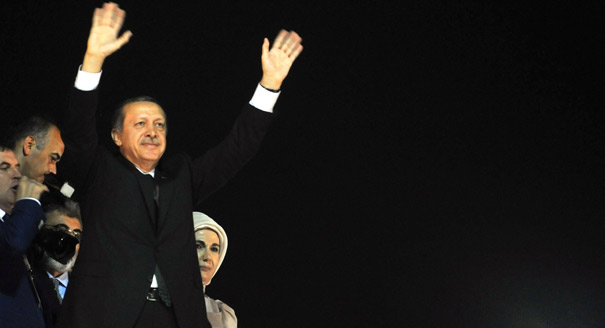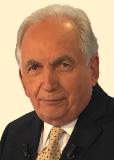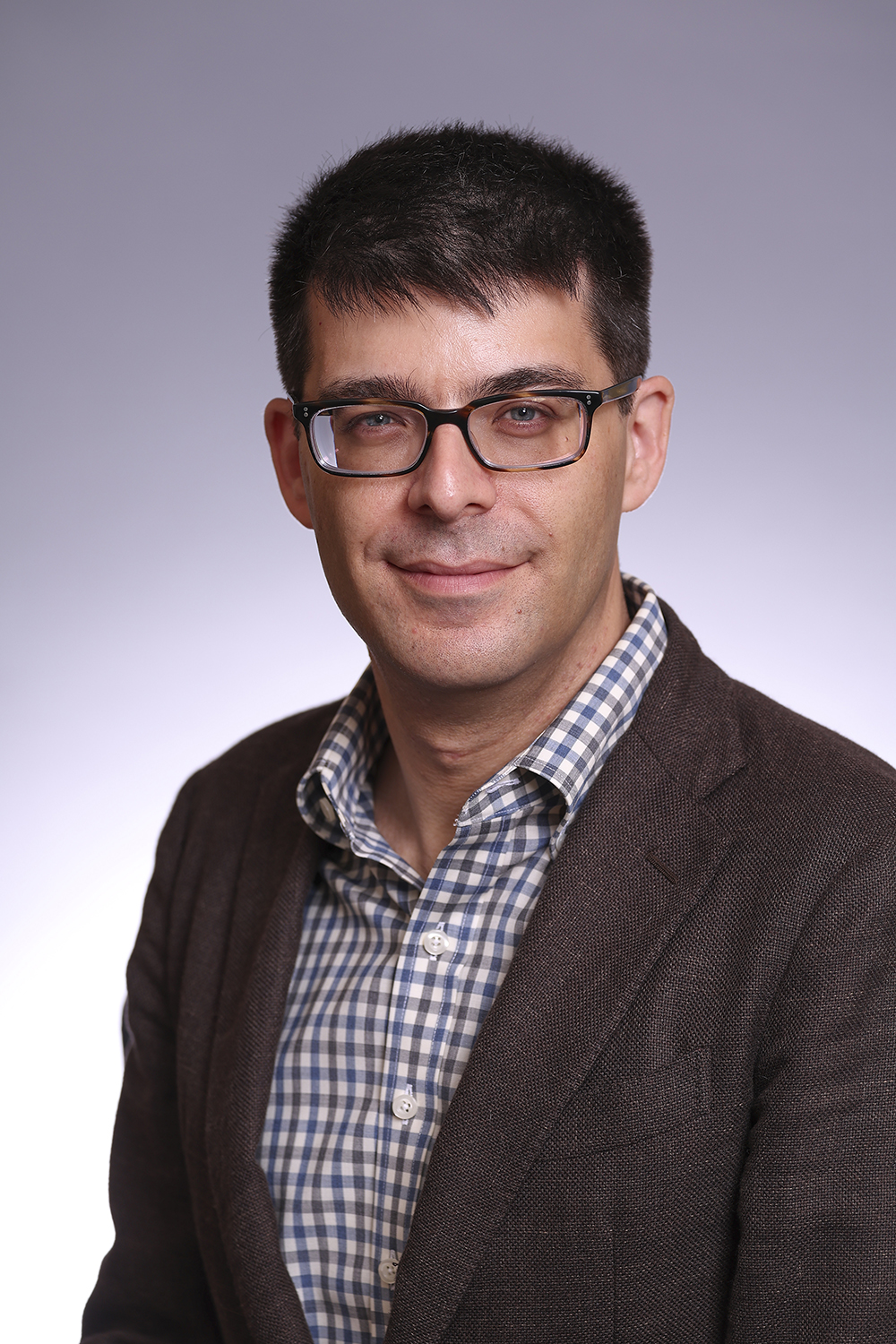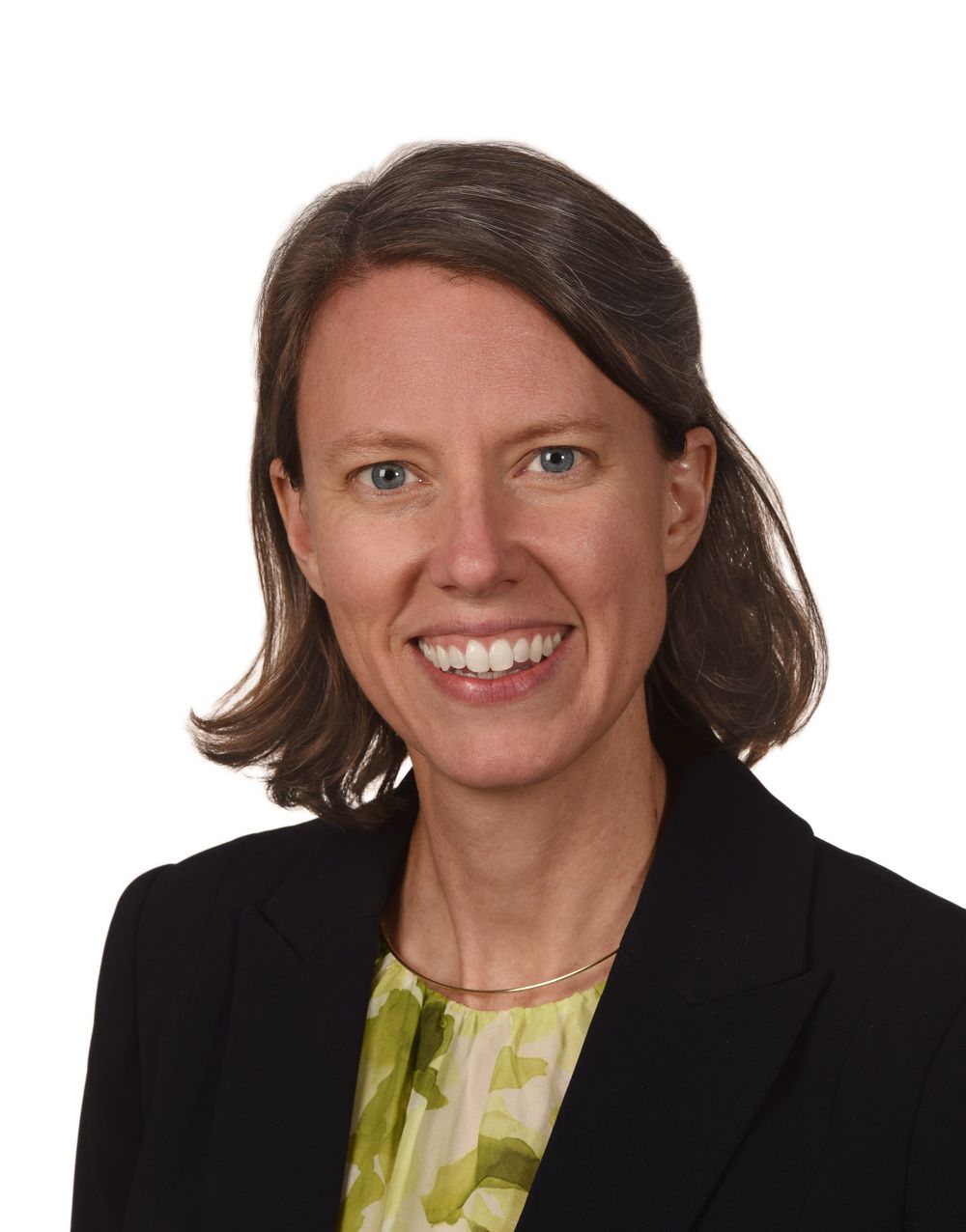- +18
James M. Acton, Saskia Brechenmacher, Cecily Brewer, …
{
"authors": [
"Marc Pierini"
],
"type": "commentary",
"blog": "Strategic Europe",
"centerAffiliationAll": "",
"centers": [
"Carnegie Endowment for International Peace",
"Carnegie Europe"
],
"collections": [
"Turkey’s Transformation"
],
"englishNewsletterAll": "",
"nonEnglishNewsletterAll": "",
"primaryCenter": "Carnegie Europe",
"programAffiliation": "",
"programs": [],
"projects": [],
"regions": [
"Middle East",
"Europe",
"Türkiye"
],
"topics": [
"Political Reform",
"Democracy",
"EU",
"Foreign Policy"
]
}
Source: Getty
Recep Tayyip Erdoğan: Turkey’s President-in-Waiting?
Turkey’s prime minister looks increasingly likely to become its first directly elected president this summer. What sort of head of state would Recep Tayyip Erdogan be?
As I write, the probability of Prime Minister Recep Tayyip Erdoğan running for president of the Republic of Turkey in an election on August 10 seems to get higher by the day. For a long time, most Western observers of Turkish politics thought either that the current situation would continue—with Abdullah Gül as president and Mr. Erdoğan as prime minister—or that the two men would swap jobs.
That increasingly looks like purely abstract thinking. The question now is what President Erdoğan’s leadership would mean for Turkey’s Western partners.
The upshot of Turkey’s March 30 municipal elections, which turned out to be a personal referendum on the prime minister, is that Mr. Erdoğan has a strong standing in ballot box terms. His core electorate—around 44 percent of voters—seems to want him to become president and is not bothered in the slightest by recent corruption allegations or an erosion of the rule of law. His voters mostly remember the economic and social benefits they have enjoyed since Mr. Erdoğan took office eleven years ago and see him as the guarantor of continued political stability and economic prosperity.
Western governments and analysts are worried about a number of trends that appeared after the 2013 Gezi Park protests and a series of graft allegations that emerged on December 17. These trends range from a polarization of Turkish society to populist language and authoritarian tendencies on the part of the government. Westerners also point to a lack of inclusiveness, the dismantling of large parts of the country’s rule of law architecture, and the redesigning of electoral districts.Those in the West will continue to worry, but to no avail. Barring any new judicial developments and unless he decides otherwise, Mr. Erdoğan seems assured to carry this summer’s election.
Another striking element for Western governments is that graft allegations have been quelled in the most authoritarian manner, but none of the claims has been convincingly disproven. Ankara has stopped judicial processes in their tracks and relocated police, judges, prosecutors, and senior officials in their thousands. Press freedom has been further restricted.
A number of politicians of the ruling Justice and Development Party (AKP) and pro-government commentators have highlighted the illegality of published telephone intercepts, attributing them to a “parallel organization”—meaning the movement led by Islamic scholar Fethullah Gülen—in an attempt to prove the existence of a scheme to destabilize Turkey. Some commentators have even claimed that foreign powers are behind such efforts.
From a Western standpoint, this accusation of a foreign plot makes no sense, for a very simple reason. The Gülen movement is not a political party and is structured in an entirely opaque way. The schools it runs are not representative of Western values, such as gender equality.
Despite liberal economic proclamations and an EU-oriented foreign policy stance, the Gülen movement is not an identifiable interlocutor for the United States or the EU. Why would the Western world bet on a religious movement shrouded in such mystery instead of relying on free and fair elections?
The West’s problem with today’s Turkey is a fairly simple one: the course chosen by the AKP since late May 2013 no longer fits with the criteria of a liberal democracy. Not only has polarization further divided Turkish society, but the rule of law has been significantly rolled back.
The most recent news, alas, confirms this trend. And such a trend cannot easily be reversed, nor can credibility be quickly restored. The government may take cosmetic measures or launch foreign policy initiatives to try to recoup some of Turkey’s lost prestige. But the lasting result of recent events is a badly dented image among financial circles and a wider gap with the club of liberal democracies Turkey had long claimed it wanted to join.
Under current circumstances, the prospects for Turkey’s political system are fairly predictable. While Mr. Erdoğan cannot formally change the current setup into an executive presidency, the Western expectation is that he will bring to the Çankaya palace his own style of government, made up of a populist narrative at home and a defiant attitude with partners abroad.
He is seen as likely to micromanage decisions he deems important, transforming the cabinet—including the future prime minister—into a mere implementing body, and to select a close circle of trusted advisers from those members of parliament barred by the AKP’s three-term limit from running again in Turkey’s next legislative election in June 2015. More than ever, the AKP will declare the ballot box as the only source of political legitimacy.
Because of this three-term limit, an entire generation of experienced politicians will disappear from the scene after next year’s poll. They will be replaced by younger, up-and-coming deputies who will owe everything to the newly elected president. Together with a cleaned-up judiciary, police, and administration and with a muzzled press, the magnitude of presidential powers in Turkey will be unprecedented.
There will undoubtedly be an incompatibility of sorts between this new political framework and Turkey’s affiliation with the Western world: Turkey’s brand of democracy will no longer be considered liberal. The West had hoped for more tolerance but will instead witness a spirit of revenge against both secularists and Gülenists.
Mr. Erdoğan knows that the United States and the EU are displeased. But ultimately, the calculus is that Turkey, being surrounded by more worrisome regimes like those in Syria, Iran, or Russia, will remain a palatable partner for the West. In other words, the bet is that realpolitik will prevail.
About the Author

Senior Fellow, Carnegie Europe
Pierini is a senior fellow at Carnegie Europe, where his research focuses on developments in the Middle East and Turkey from a European perspective.
- Unpacking Trump’s National Security StrategyOther
- Europe’s American PredicamentCommentary
Marc Pierini
Recent Work
Carnegie does not take institutional positions on public policy issues; the views represented herein are those of the author(s) and do not necessarily reflect the views of Carnegie, its staff, or its trustees.
More Work from Strategic Europe
- Europe on Iran: Gone with the WindCommentary
Europe’s reaction to the war in Iran has been disunited and meek, a far cry from its previously leading role in diplomacy with Tehran. To avoid being condemned to the sidelines while escalation continues, Brussels needs to stand up for international law.
Pierre Vimont
- Taking the Pulse: Can European Defense Survive the Death of FCAS?Commentary
France and Germany’s failure to agree on the Future Combat Air System (FCAS) raises questions about European defense. Amid industrial rivalries and competing strategic cultures, what does the future of European military industrial projects look like?
Rym Momtaz, ed.
- Macron Makes France a Great Middle PowerCommentary
France has stopped clinging to notions of being a great power and is embracing the middle power moment. But Emmanuel Macron has his work cut out if he is to secure his country’s global standing before his term in office ends.
Rym Momtaz
- How Europe Can Survive the AI Labor TransitionCommentary
Integrating AI into the workplace will increase job insecurity, fundamentally reshaping labor markets. To anticipate and manage this transition, the EU must build public trust, provide training infrastructures, and establish social protections.
Amanda Coakley
- Can Europe Still Matter in Syria?Commentary
Europe’s interests in Syria extend beyond migration management, yet the EU trails behind other players in the country’s post-Assad reconstruction. To boost its influence in Damascus, the union must upgrade its commitment to ensuring regional stability.
Bianka Speidl, Hanga Horváth-Sántha













